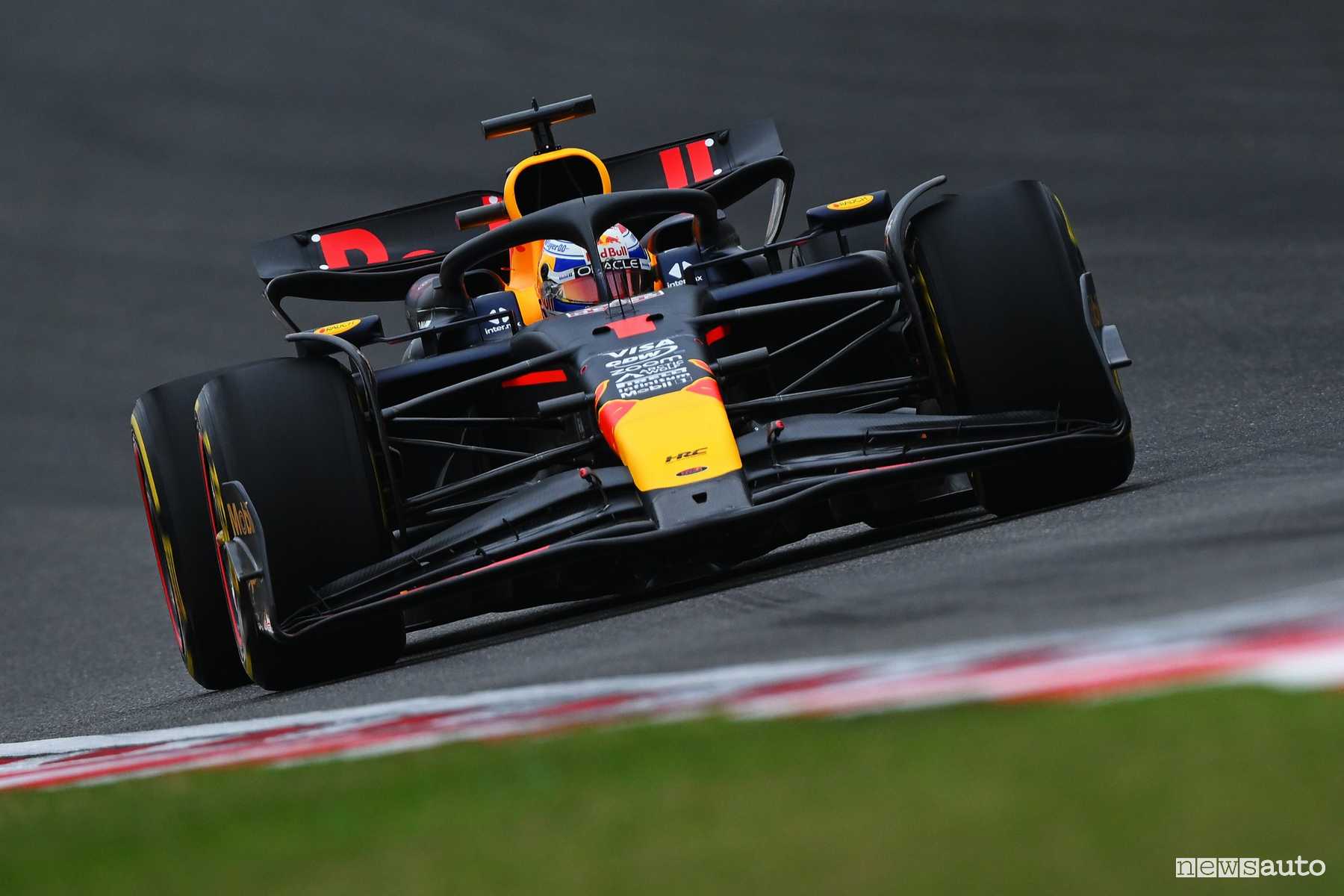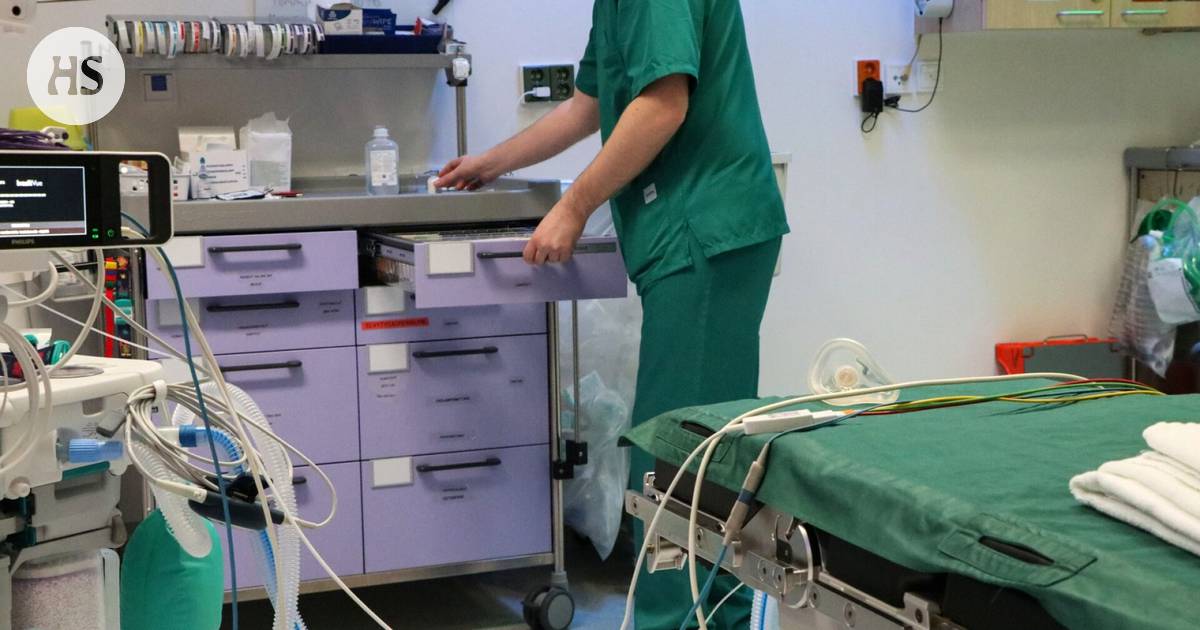Lebanon’s stadiums have gotten into unworthy shape as a result of the country’s economic collapse.
Lebanon the national football team will continue to qualify for the World Cup in Qatar on Tuesday in an embarrassingly familiar way on the away field.
The team is currently unable to play even in their home country because the Lebanese pitches are in poor condition, according to news agency AFP.
Former President of Lebanon Camille Chamounin named after the nearly 50,000-seat stadium was completed in 1957. The Civil War destroyed the sports sanctuary more than 20 years later, but a new and brave stadium rose from the ruins, which opened in 1997.
Now the stadium is unplayable again. The devastating explosions in the Beirut port area in August 2020 also left their mark on the stadium.
Destroyed by explosions, destroyed by water damage and ruined as a result of Lebanon’s economic collapse, the stadium is now a grain depot, with stray dogs sometimes lost in its galleries.
Stray dogs are a familiar sight in the auditorium of a dilapidated home stadium of the Lebanese national team.
In Beirut The stadium is not the only dilapidated sports arena in the country, so Lebanon is not yet able to play World Cup qualifiers at home.
The match to be played in Syria on Tuesday is still a match marked as an away game in the qualifying program, but the home field advantage has also been lacking in home games.
The previous one their home game Lebanon played in South Korea’s Goyang. It has soon been two years since a genuine competitive home game.
The national team’s own home stadium ended up as a grain depot after an explosion destroyed grain silos in the port of Beirut.
“We had to find an alternative home field for the national team,” says the president of the Lebanese Football Association Hashem Haidar To AFP.
The interior of the stadium is in shocking condition.
Experiments turned to the city of Sidon. The stadium in the seaside city, 40 km from Beirut, is also in terrible condition.
“We have reached an agreement with our opponents to play the first matches outside of Lebanon,” Haidar says.
A German who coached the South Korean national football team in 2014–2017 Uli Stieliken is said to have asked an exhaustive question in Sidon.
“Do you call this a football field?” he had inquired.
A Montenegrin who piloted Lebanon from 2015 to 2019 Miodrag Radulovic for his part, he found himself playing on the poor pitches.
In addition to the Beirut explosion, the home stadium of the Lebanese national team has suffered water damage.
Artificial turf are replacing natural turfs in Lebanon as well, not the national team captain Hassan Maatouk like development.
“They may cost less, but they affect the health and performance of players. They shorten player careers, ”Maatouk tells AFP.
He and other players on the national team may soon return to their home field if the refurbishment of Saida Stadium in Sidon is completed on time.
The aim is to be afraid Already in Sidon on 11 November against Iran and on 16 November against the United Arab Emirates.
Read more:
One year has passed since the devastating explosion in Beirut – the situation in Lebanon has only worsened and the families of the dead are still without justice.
Satellite images show: There is now a huge seawater-filled mound on the site of an exploded warehouse in Beirut
When a chemical depot exploded in the port of Beirut, little was left: an HS special article shows traces of destruction
.







